A groundbreaking medical milestone was achieved this week when Dr. Vipul Patel, based in Orlando, Florida, successfully performed a prostate removal surgery on a patient in Angola nearly 7,000 miles away.
This historic moment marks a major leap in transcontinental robotic telesurgery, highlighting both technological prowess and the boundless reach of modern medicine.
Dr. Patel, medical director at the Global Robotic Institute of AdventHealth, conducted the procedure remotely on Fernando da Silva, a 67-year-old Angolan diagnosed with prostate cancer in March.
Using a state-of-the-art surgical robot, Patel maneuvered precision controls from his console in Florida to safely remove cancerous tissue.
Prostate cancer remains a significant health challenge across Africa, where it often goes undetected or untreated, Dr. Patel explained.
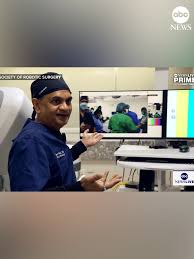
“In the past, they really haven’t monitored it well or they haven’t had treatments.”
His explanation underscores how this telesurgery holds huge promise for underserved regions.
Patel shared that this achievement was months in the making: “We’ve been working on this really for two years. We travelled the globe, looking at the right technologies.”
The success marks the first human clinical trial approved by the U.S. FDA for this kind of distance surgery
During the surgery, a multimillion-dollar robot provided enhanced visuals and precise control.
While remote maneuvering was the headline, Dr. Patel still took safety seriously.
His team accompanied the patient in Angola, ready to step in if communications failed.
“We made sure we had plan A, B, C, and D. I always have my team where the patient is,” he confirmed.
He added, “There was no perceptible delay in my brain,” noting the smooth experience over fiber optic cables.
Patel called the success “a small step for a surgeon, but it was huge leap for health care.”
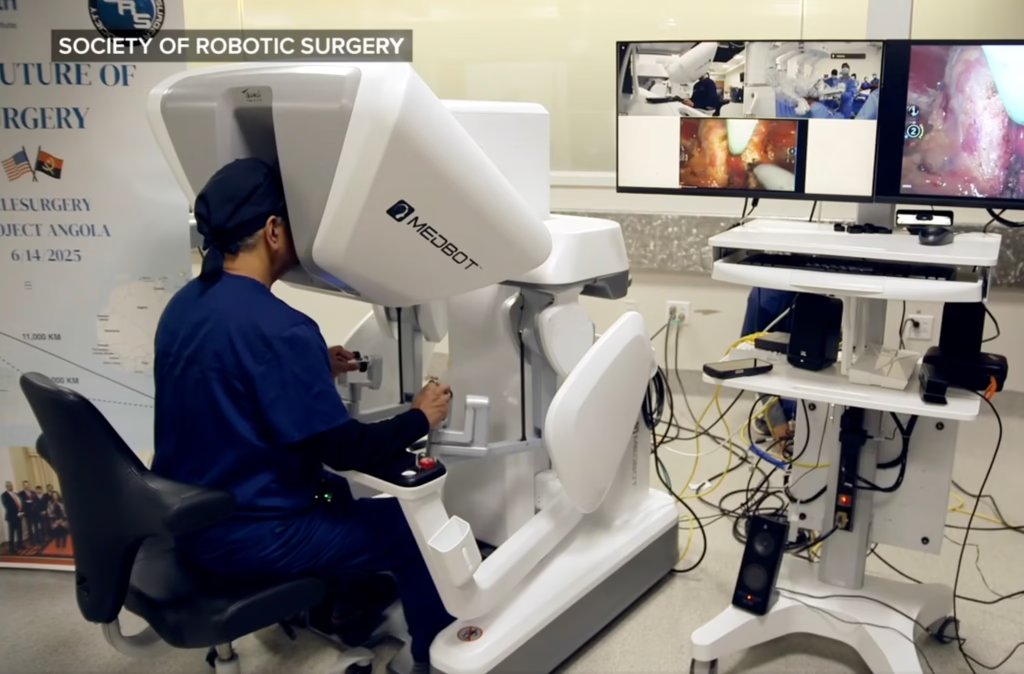
Furthermore, Patel envisions broader uses for transcontinental robotic telesurgery in emergencies, rural settings, and even ambulances.
He said ER doctors could soon call in remote surgeons to guide life-saving interventions.
He plans to submit the clinical data to the FDA to help expand remote surgical access.
This innovative technology could reshape global healthcare, ensuring specialist treatments reach patients regardless of distance.
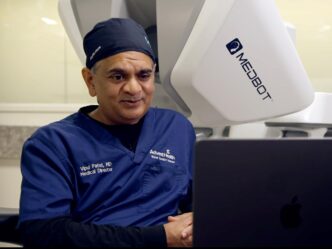
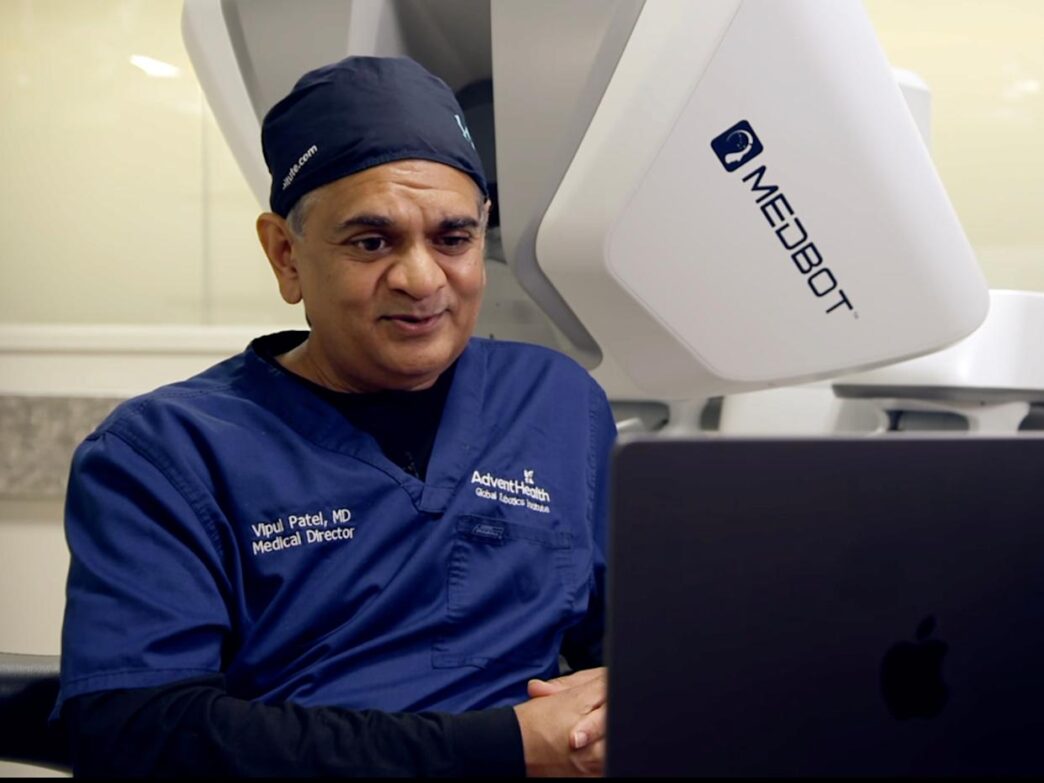
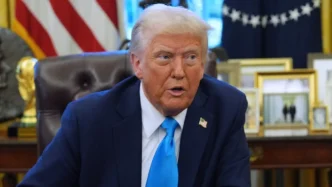
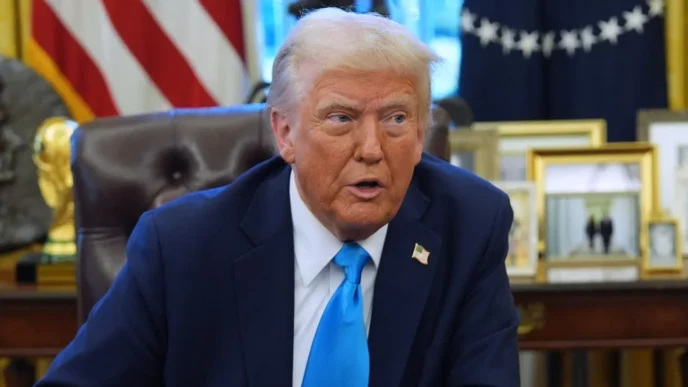

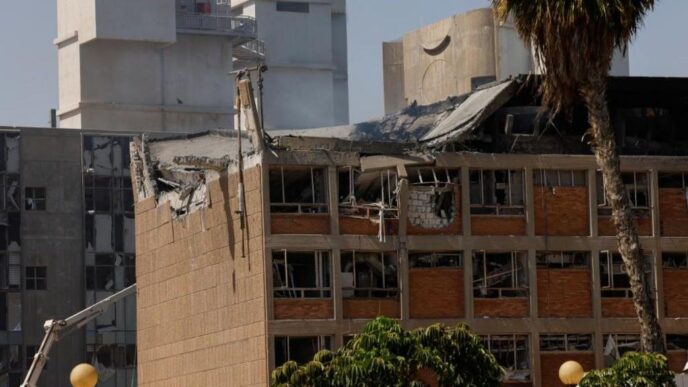

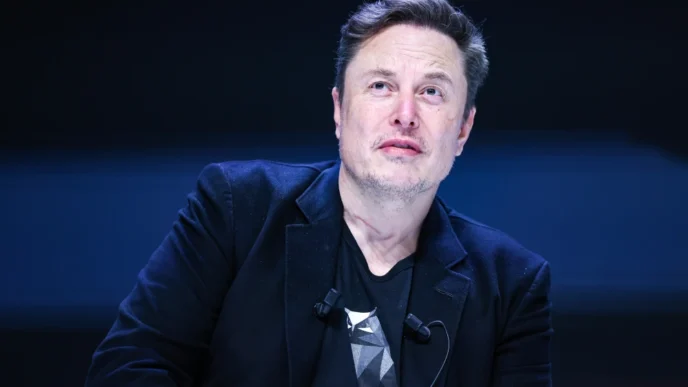



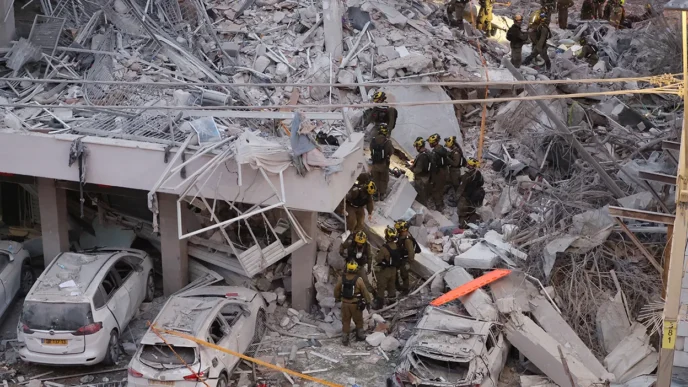
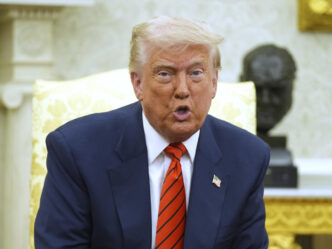
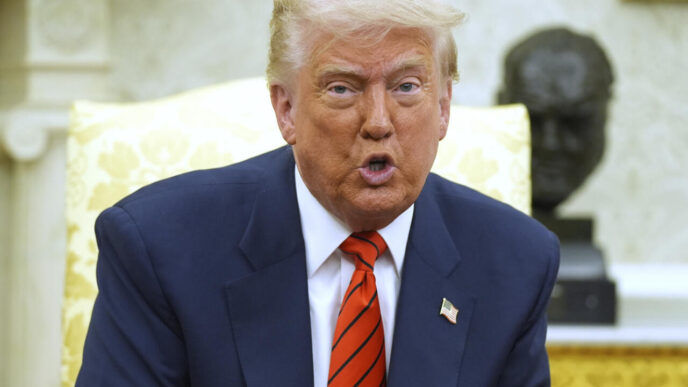
AI is gonna be a huge revolution